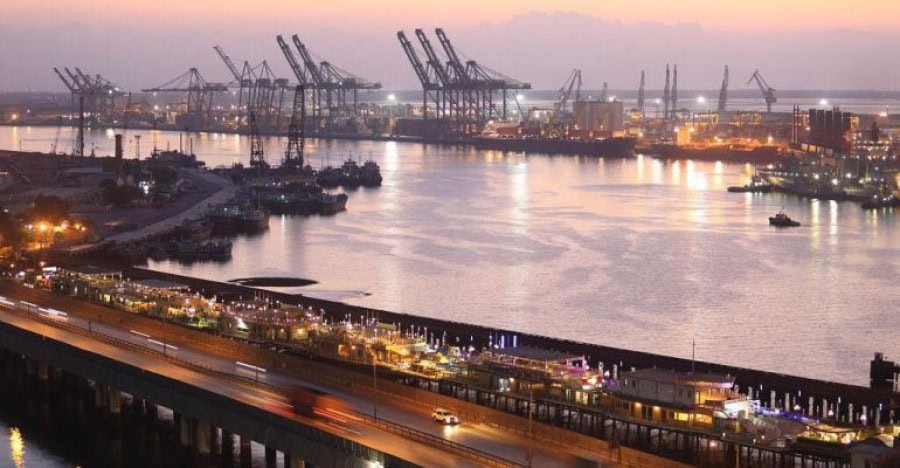Islamabad: The Pakistan Business Council, in its recommendation to the government, has expressed the idea that working from home saves more per month than the import of a ban on the import of thirty-eight items.
Giving details of the estimated amount that could be saved from imposing a ban on the import of non-essential/luxury items, the PBC said that one day of work from home saves $166 million per month compared to $100million per month saved from an import ban.
It is time to move from the optical to the meaningful on the economy. Import ban on 38 items saves $100m/month; 1 day work from home saves $166m/month. Besides this, switch to targeted fuel susbsidies could save susbtantially more in imports. @MiftahIsmail
— The Pakistan Business Council (@ThePBC_Official) May 23, 2022
Regarding fuel subsidies, the premier business advocacy body recommended “targeted fuel subsidies”, adding that it “could save substantially more in imports.”
Import ban
To strengthen the economy, stop the devaluation of the Pakistani rupee and deal with the current economic turmoil, the government on Thursday imposed a ban on the import of non-essential and luxury items under an “emergency economic plan”.
The plan would help the government to reduce the country’s reliance on imports, said Federal Information Minister Marriyum Aurangzeb addressing a press conference here.
She said luxury imported items, including vehicles, mobile phones, home appliances, dry and fresh fruits, crockery, private weapons, decoration items, preserved and frozen food items, sanitary ware, doors and windows, beauty and confectionary items, cars, shoes, sauces, carpets, tissue paper, furniture, make-up, chocolates, shampoos, sunglasses, cigarettes and musical instruments.










